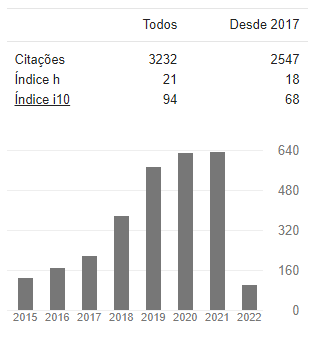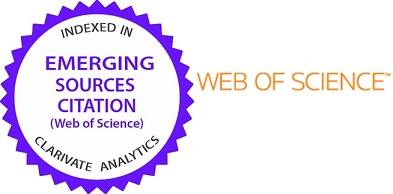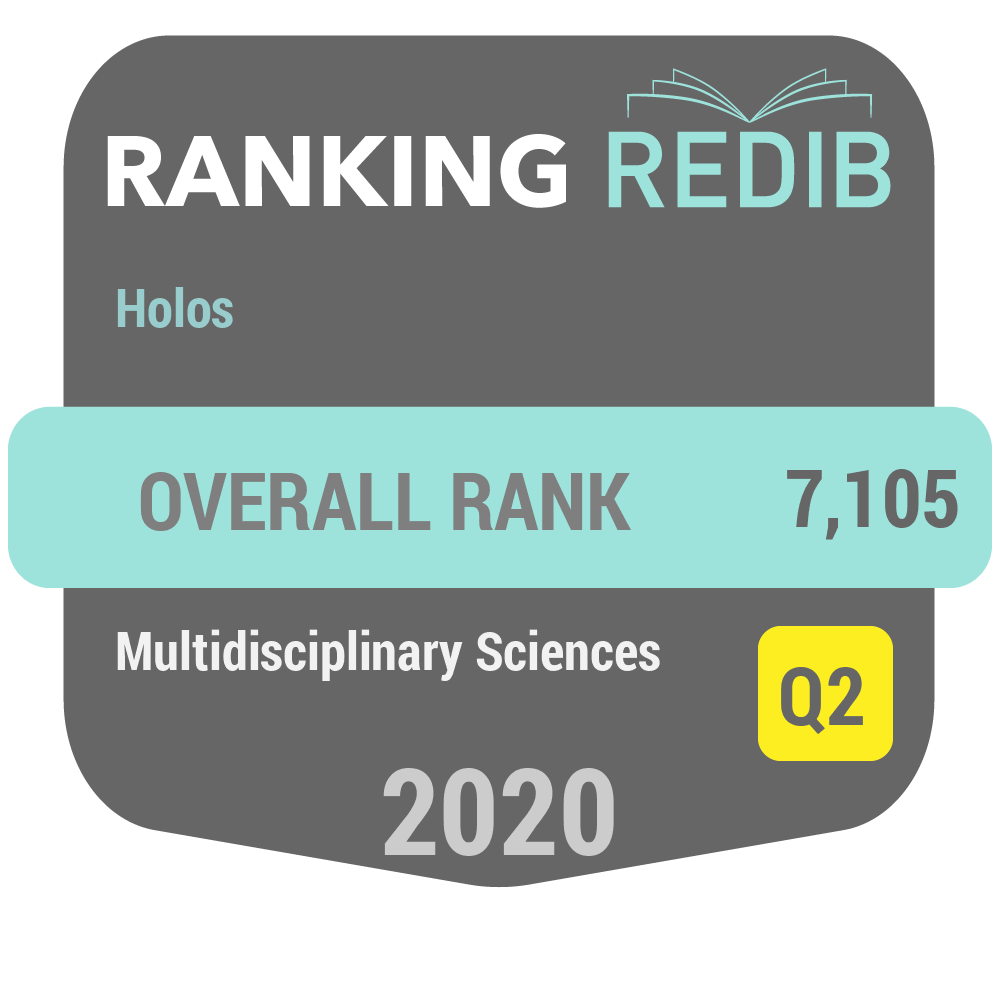ELECTRICAL INSTALLATIONS ANALYSIS AND RISK-ATTENUATION IN LOW-INCOME HABITATIONS INSPIRED BY PROJECT-BASED LEARNING
DOI:
https://doi.org/10.15628/holos.2018.7835Palavras-chave:
Electrical Engineering, Project-based Learning, Social ResponsibilityResumo
The concept of social responsibility in engineering is the obligation that its professionals have to evaluate the impact of their work on public welfare. Although being a content presented in classrooms, the students in our university do not have contact with real-world situations of risk of electrical shock and fires caused by improperly electrical installations. To attenuate this deficit we created the undergraduate extension project "Analysis and Correction of Electrical Installations in Low-Income Habitations in the city of Cornélio Procópio" in the Federal University of Technology–Paraná. In this work, we focus on electrical installations safety conditions inspection and corrective actions in low-income habitations in Cornélio Procópio, Brazil. Our inspiration is the Project-Based Learning (PBL), in which we insert students in real-world environments to point out and analyze electrical installations problems. In our project, a group of students and a supervising professor inspect the situations of risk according to a decision tree and make repairs in the electrical installations in the visited habitations. We created a socioeconomic form answered by each family visited and photos in order to obtain data for archiving. At the end, the students answered a qualitative form that verified the impact of the project in their learning and practical skills, and their awareness of social responsibility as engineers. We verified that the repairs improved the life quality of the residents. Finally, we address quantitative future work.
Downloads
Referências
Bonwell, C. C., & Eison, J. A. (1991). Active Learning: Creating Excitement in the Classroom. ASHE-ERIC Higher Education Report (1st ed.). Washington, USA: School of Education and Human Development, The George Washington University. https://doi.org/ED340272
Campbell, R. (2013). U.S. Structure Fires in Office Properties. National Fire Protection Association - Fire Analysis and Research Division. Quincy, MA, USA.
Canney, N., & Bielefeldt, A. (2015). A Framework for the Development of Social Responsibility in Engineers. International Journal of Engineering Education, 31(1(B)), 414–424.
Copot, C., Ionescu, C., & Keyser, R. De. (2016). Interdisciplinary project-based learning at master level: control of robotic mechatronic systems. In IFAC-PapersOnLine (Vol. 49, pp. 314–319). Elsevier. https://doi.org/10.1016/J.IFACOL.2016.07.196
Darlington, S. (2018). Fire in São Paulo, Brazil, Brings Down a High-Rise Building. Retrieved July 27, 2018, from https://www.nytimes.com/2018/05/01/world/americas/sao-paulo-brazil-fire-collapse.html
Felder, R. M., & Silverman, L. K. (1988). Learning and teaching styles in engineering education. Engineering Education, 78(7), 674–681. https://doi.org/10.1109/FIE.2008.4720326
Fonseca, V. M. F., & Gómez, J. (2017). Applying Active Methodologies for Teaching Software Engineering in Computer Engineering. Revista Iberoamericana de Tecnologias Del Aprendizaje, 12(3), 147–155. https://doi.org/10.1109/RITA.2017.2738178
Gazzoni, W. C., Miyoshi, J., & de Lima, V. D. P. (2017). Active Methodologies for Calculus in Engineering Courses (December 2016). Revista Iberoamericana de Tecnologias Del Aprendizaje, 12(4), 193–198. https://doi.org/10.1109/RITA.2017.2776441
Martinez-Rodrigo, F., Lucas, L. C. H., Pablo, S. De, & Rey-boue, A. B. (2017). Using PBL to Improve Educational Outcomes and Student Satisfaction in the Teaching of DC/DC and DC/AC Converters. IEEE Transactions on Education, 60(3), 1–9. https://doi.org/10.1109/TE.2016.2643623
Oleagordia, I. J., Barrón, M., San Martín, J. I., & Asensio, F. J. (2014). Active methodology applied in engineering by PBL. I-Approach. Proceedings of XI Tecnologias Aplicadas a La Ensenanza de La Electronica (Technologies Applied to Electronics Teaching), TAEE 2014. https://doi.org/10.1109/TAEE.2014.6900181
Prasad, R., Wicklow, B., & Traynor, C. (2018). Practical Problem-Based Learning: An Interdisciplinary Approach. In 2018 IEEE Integrated STEM Education Conference (ISEC) (pp. 258–261). Princeton, NJ, USA: IEEE. https://doi.org/10.1109/ISECon.2018.8340496
Sharry, J. A. (1974). South America Burning. Fire Journal, 68(4), 23–33.
Wang, L., Li, Q., Yu, Y., & Liu, J. (2018). Region compatibility based stability assessment for decision trees. Expert Systems with Applications, 105, 112–128. https://doi.org/10.1016/J.ESWA.2018.03.036
Weltman, D. (2007). A Comparison of Traditional and Active Learning Methods: An Empirical Investigation Utilizing a Linear Mixed Model. PhD Thesis. The University of Texas at Arlington. https://doi.org/10.1017/CBO9781107415324.004









































